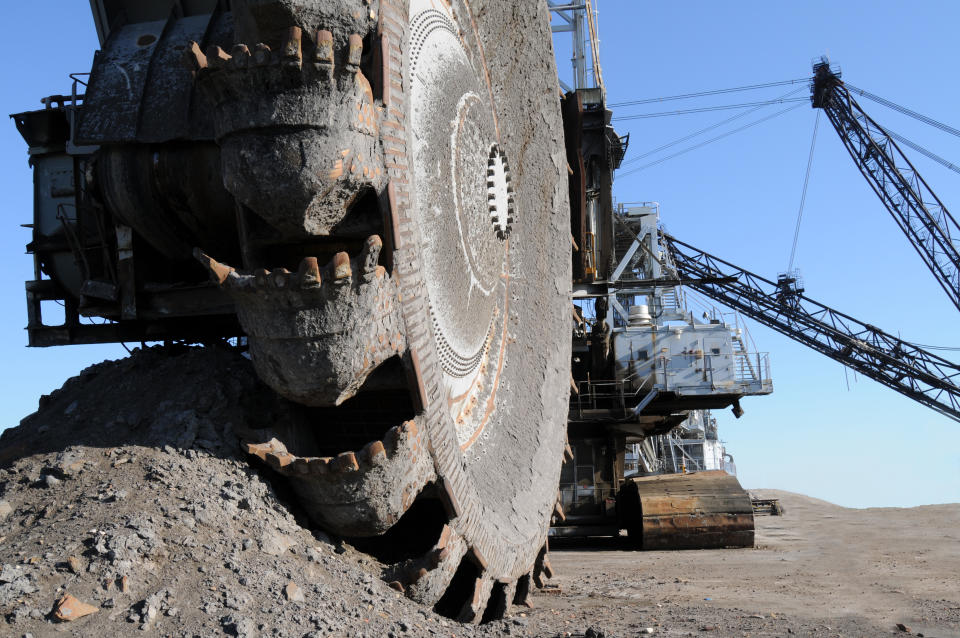‘Little hope of energy investment rebounding,’ economist warns

As Canada’s energy sector anxiously awaits a policy response from Ottawa to address falling crude prices, some observers predict little can be done to prevent a long-lasting downturn.
Western Canadian Select, the main grade from Canada’s energy patch, fell below US$10 per barrel again on Monday, continuing a slide driven by the one-two punch of COVID-19 constricting demand, and the threat of oversupply from a Saudi-Russian price war.
North American benchmark West Texas Intermediate (WTI)(CL=F) dropped as low as US$20 per barrel last week. That’s lower than the price crashes in early-2016 and late-2018.
Stephen Brown, senior Canada economist at London-based Capital Economics, believes policymakers need to do more to reduce the chance of a broader recession in the first half of the year becoming a prolonged slump. But he said little can be done at this point to stop a long-lasting hit to energy.
“There is little hope of energy investment rebounding if, as we expect, WTI remains below $50 per barrel for most of the next two years,” he wrote in a research note on Monday.
The federal government is expected to announce $15 billion in relief measures for the oil and gas sector this week, according to the Globe and Mail newspaper. Those could include more access to credit, and funding to put laid-off employees to work cleaning abandoned oil and gas wells, the report said.
The province of Alberta has announced tax relief for the sector, and other measures such as waiving millions in fees collected by the Alberta Energy Regulator.
Brown said falling oil prices reflect a “potentially seismic shift in the global oil market” that Ottawa will be ill-equipped to meaningfully address.
“After consistently losing market share to the U.S. shale industry, some OPEC+ members have found output cuts too hard to stomach,” he wrote.
“If the group cannot agree to keep production limited, then oil prices will remain lower than they would otherwise be, even once the global economy recovers. That’s bad news for those producers with the highest production costs, such as [Canada’s] oil sands industry.”

 Yahoo Finance
Yahoo Finance 
